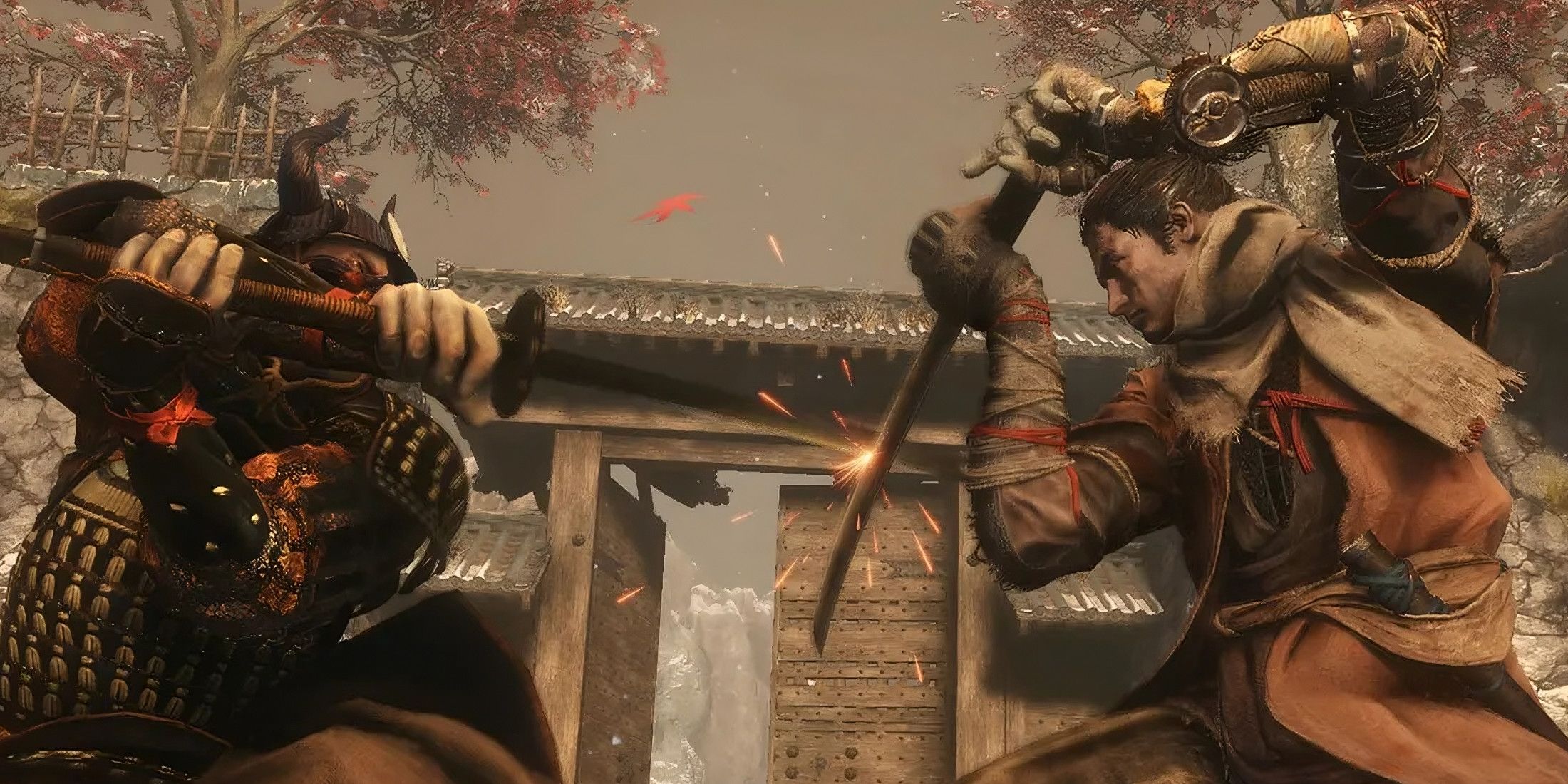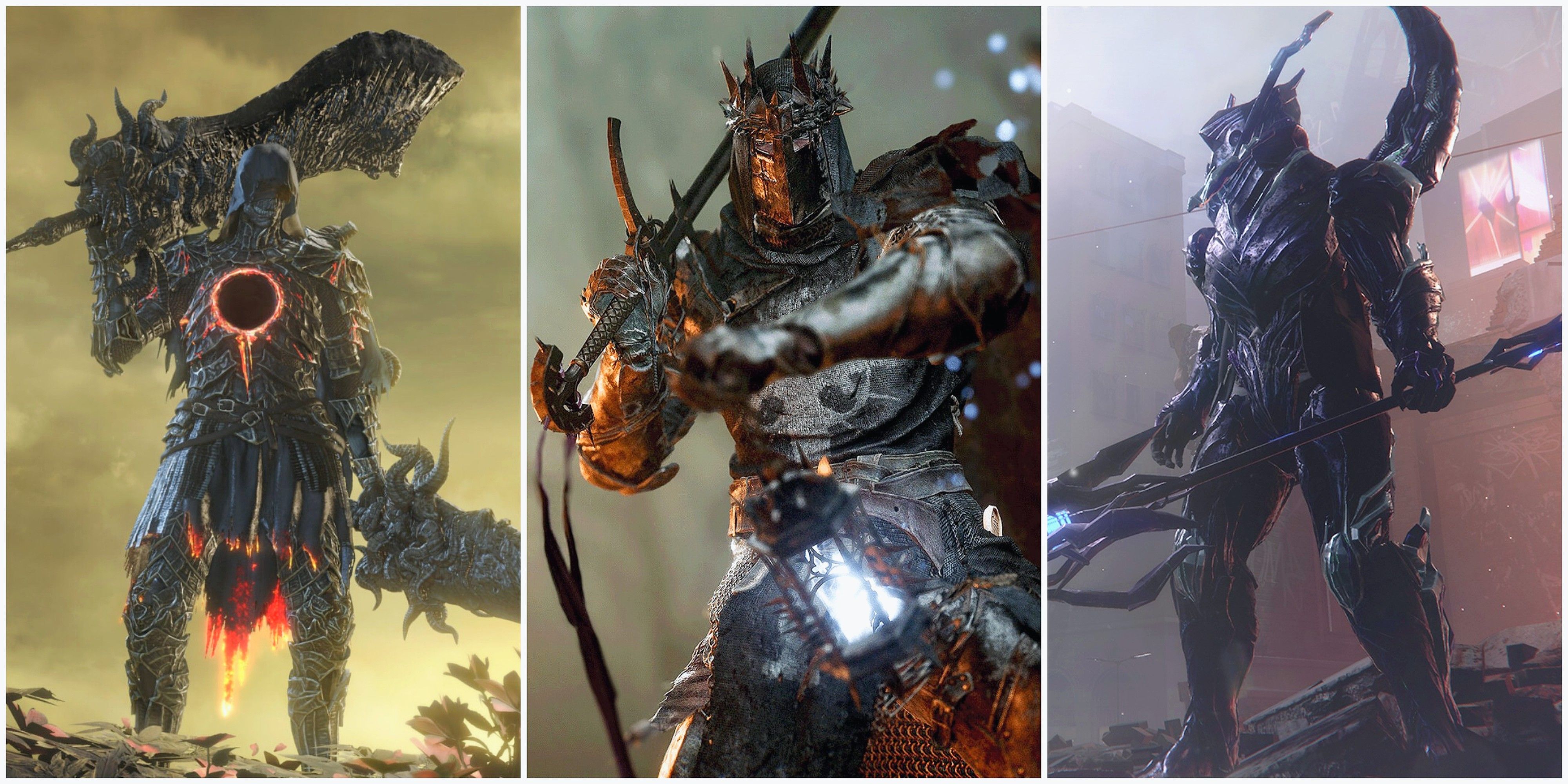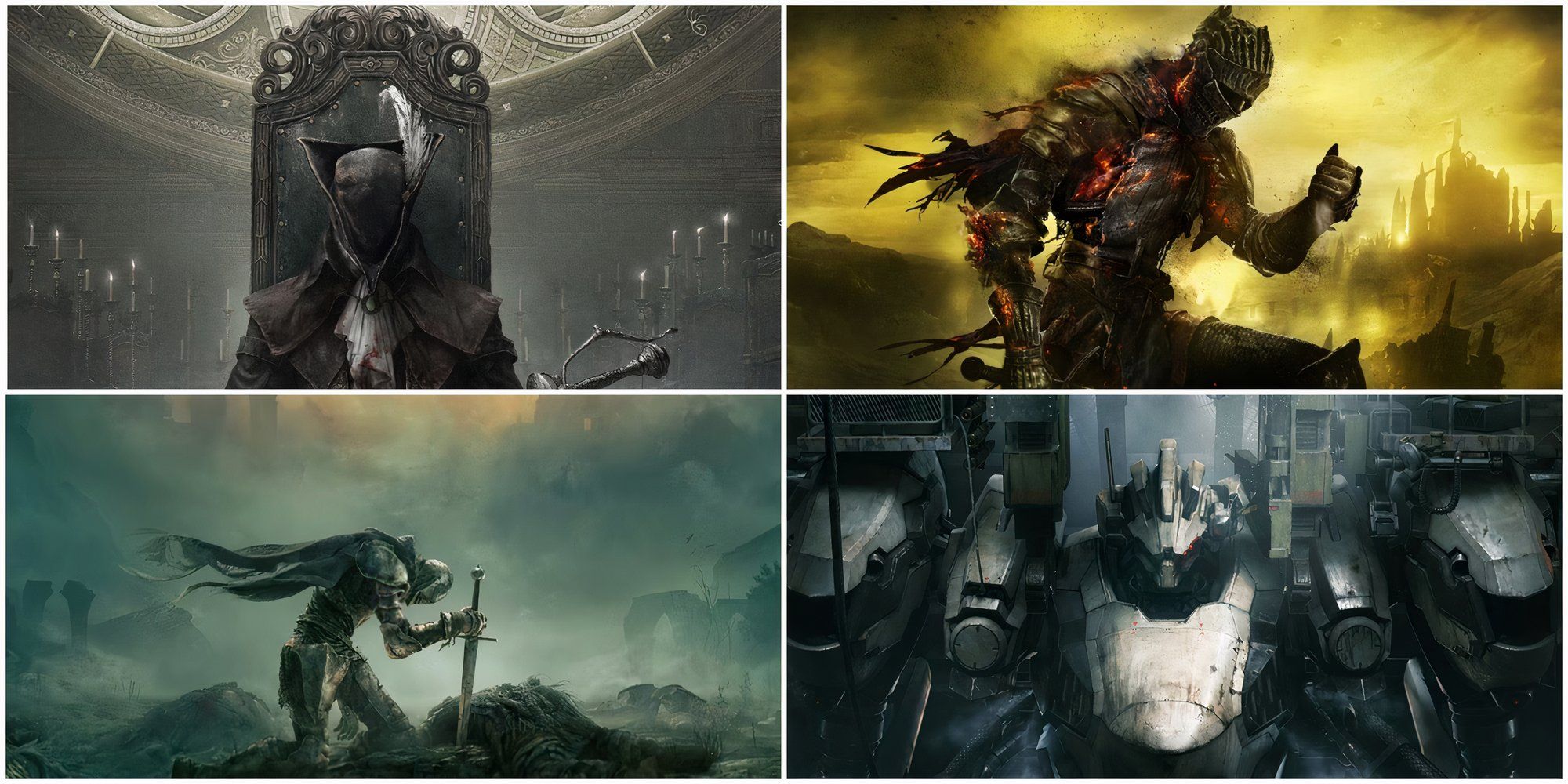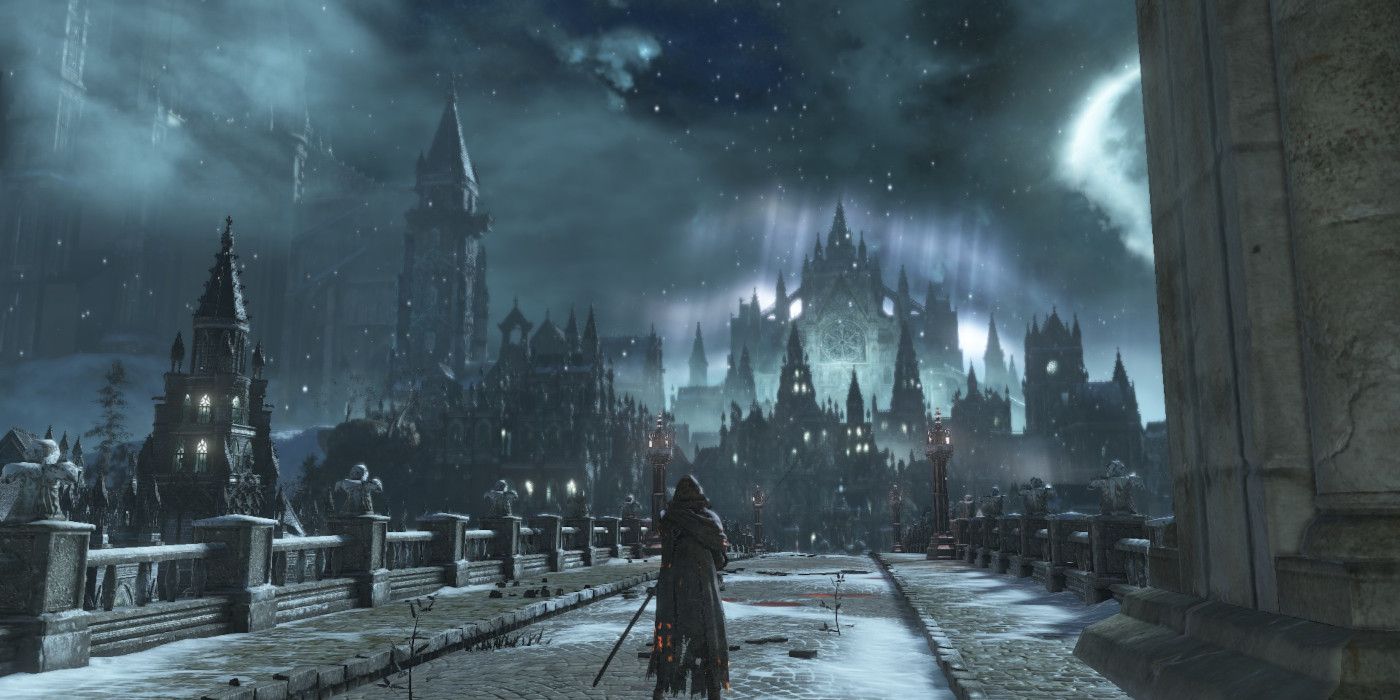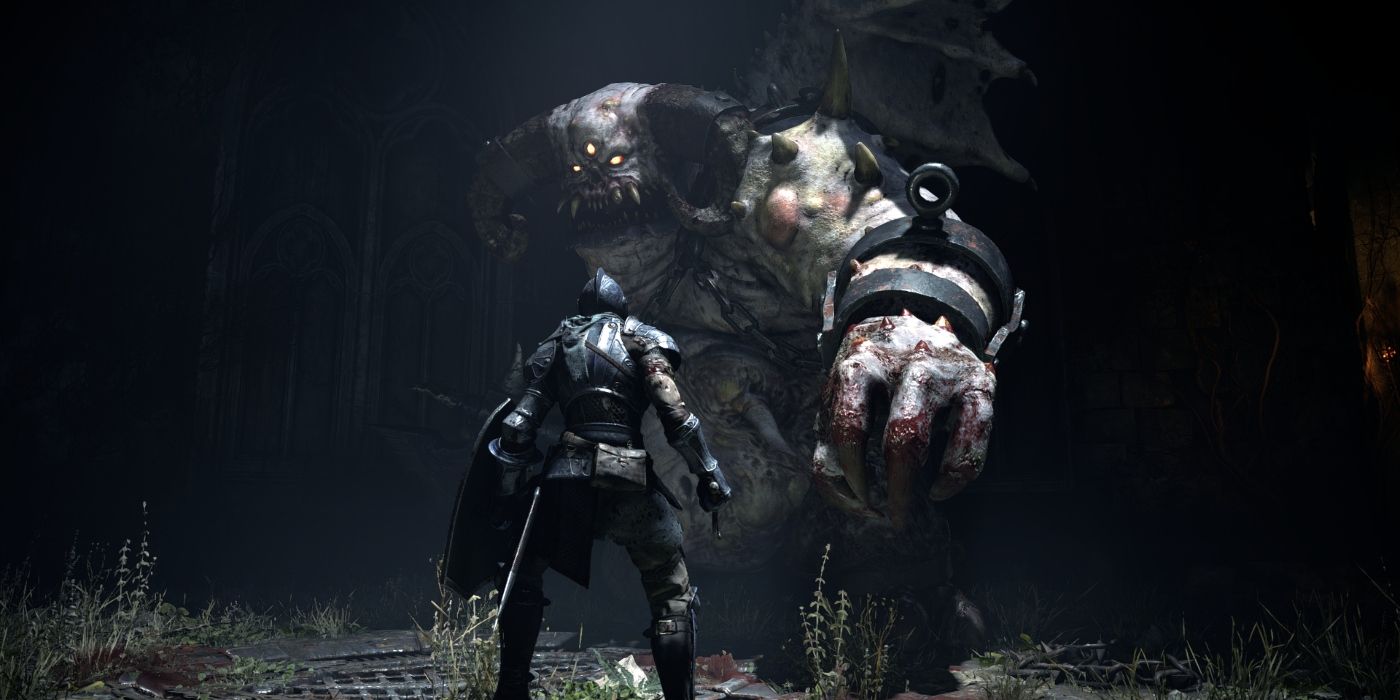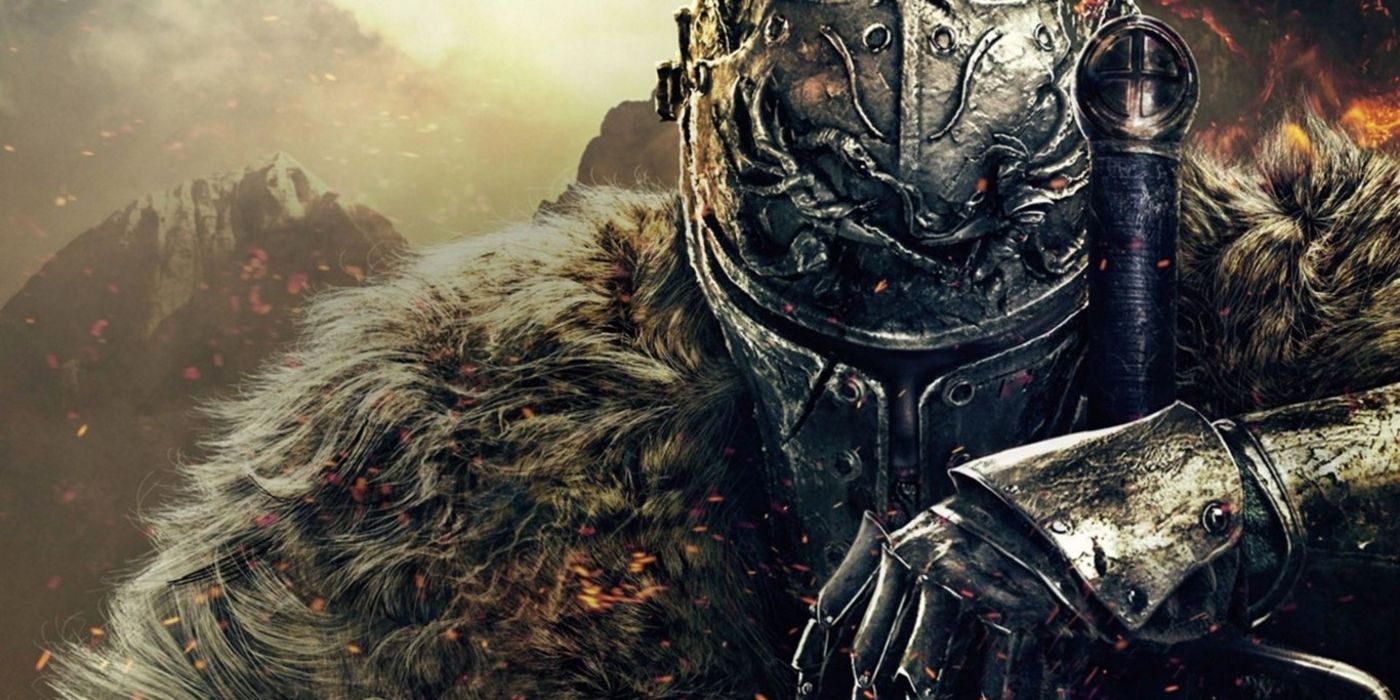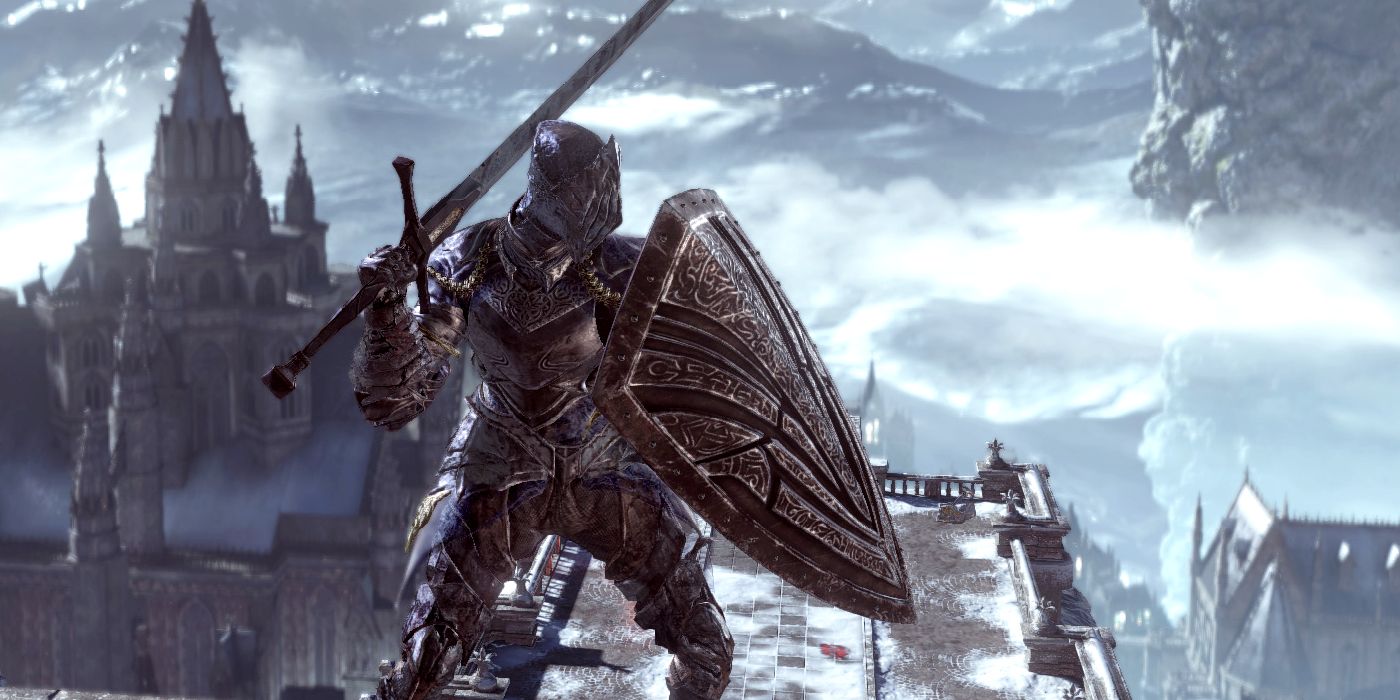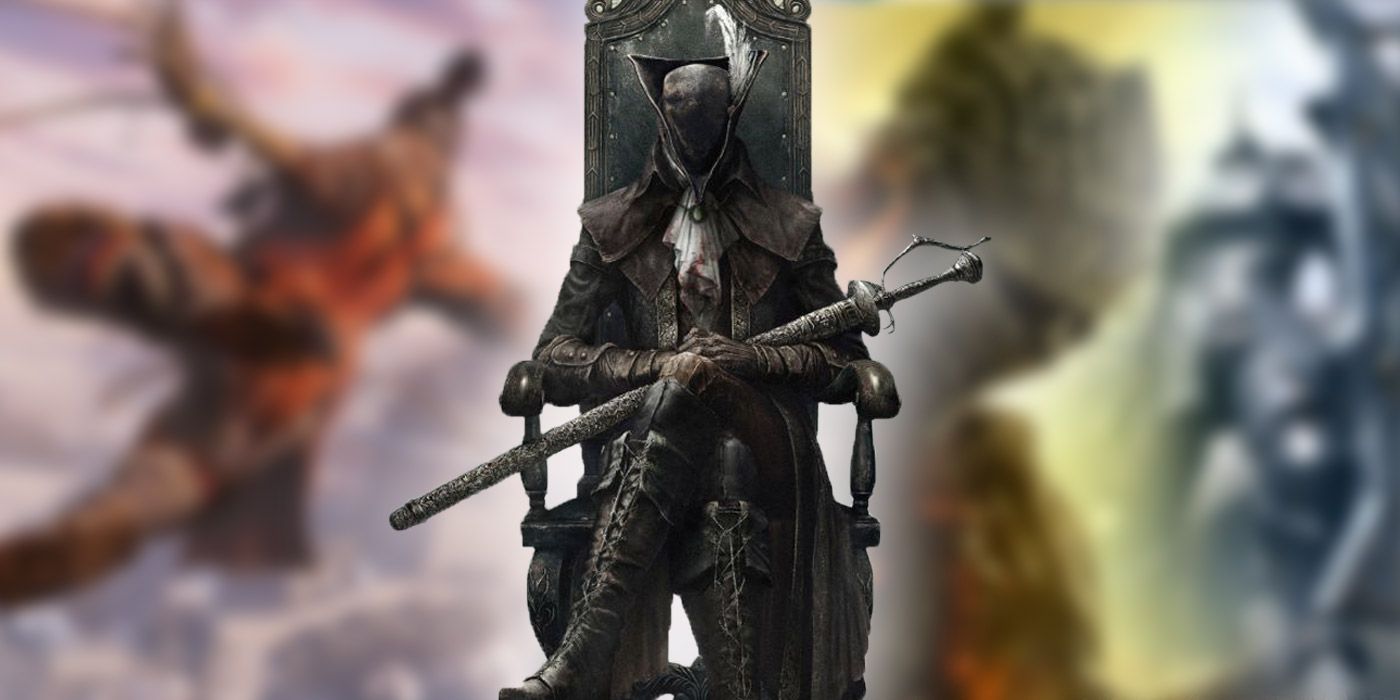Dark Souls is one of the most influential franchises of the 2010s as it inspired countless games and even spawned its own subgenre within ARPGs. Though the series initially started off slowly with lukewarm reception and sales in Japan, it would eventually transform into a critical and commercial success in the West. Featuring an in-depth battle system, unforgiving difficulty, and rich lore, Dark Souls would serve as the blueprint for many games in the Souls-like genre.
However, despite countless attempts to replicate the success of Dark Souls, most games influenced by the franchise never seem to capture the magic behind it. Beyond the brutal difficulty and intricate combat mechanics, Dark Souls also relies heavily on its brooding atmosphere and mysterious world design. While plenty of Souls-like games have refined their combat mechanics or emphasized difficulty, few are able to present their worldbuilding as well as Dark Souls does.
The Dark Souls Formula
One of the biggest reasons for the success of the Dark Souls franchise is its emphasis on a number of unique mechanics. Compared to other ARPGs, Dark Souls has a much steeper learning curve and intricate combat system for players to master. As Dark Souls continued to grow in popularity, more games began to experiment with difficult mechanics as a feature to draw in a hardcore audience. In fact, Dark Souls has become so influential that new games will immediately draw comparisons to the franchise if it offers players a substantial challenge.
The complex combat system is another aspect of the Dark Souls formula and is a major reason why it has become so popular. Inspired by classic Japanese movement and combat mechanics, Dark Souls focuses heavily on hitboxes, strafing, and taking advantage of animations in order to succeed. Instead of the typical combo chaining or loot-based systems found in other ARPGs, Dark Souls is much more mechanical in its combat and allows players to directly see where they messed up in a fight.
To reflect this design, Dark Souls is also heavily influenced by the exploration concepts of Metroidvanias and interconnected levels with environmental challenges. Together with the sophisticated combat system, Dark Souls has players focus on exploring the world around them and slowly unravelling the game's mysteries. The end result is a slow burn, not only with the difficult combat that requires many attempts to master but also with discovery and exploration.
What Other Souls-likes Get Wrong
Over the years, many Souls-like games have attempted to replicate the Dark Souls formula to varying degrees of success. Games like Nioh have found success by introducing new combat mechanics, 2D games such as Salt and Sanctuary have effectively combined Metroidvania platforming with Souls-like mechanics, and games such as Code Vein have branched out into other genres such as JRPGs. However, none of these games manage to recreate the most important component in the success of Dark Souls: the atmosphere.
The unique combat and exploration mechanics of Dark Souls is enhanced by the brooding, lonely atmosphere and it serves to heighten feelings of tension and dread within the players. As players navigate through the desolate lands of Dark Souls games, they must grapple with the feeling of isolation as they immersed in the game. Both the protagonists and enemies are largely silent throughout Dark Souls games and beyond a few interactions with NPCs, there's no monologuing or heavy conversations to speak of. The resulting effect is one of loneliness as players attempt to explore the world around them and tension as they try to navigate around enemies to make it to the next bonfire.
Aesthetic Design of Dark Souls and Its Influences
Another interesting aspect of Dark Souls is its Western fantasy influence and purposely vague presentation. Director Hidetaka Miyazaki has previously mentioned that he enjoyed reading Western fantasy books but couldn't understand everything so he had to fill in the gaps with his imagination. Likewise, the presentation of Dark Souls is similar in that there are deliberate gaps and symbolism in the story where it's up to players to determine the meaning. Dark Souls is intentionally obscure in many respects but the intention is to create a sense of wonder and mystery rather than confusion.
The aesthetic design and setting of Dark Souls is also clearly influenced by classic Western fantasy. The unforgiving world of Dark Souls is reminiscent of European medieval aesthetics with the player fighting through dragons, knights, phantoms, and other spiritual monsters. A recurring theme in the Dark Souls games is the fall of a powerful kingdom brought to ruin by a cosmic horror. Heavily inspired by the manga Berserk, Dark Souls also includes elements of mysticism, Gnosticism, and the occult to further heighten the feelings of unease. Although the aesthetic design of Dark Souls isn't what often draws people to the game, its art style, setting, worldbuilding, and level design all serve to create a unique experience that can't be easily replicated by other Souls-like games.
Going Beyond Difficulty and Combat Mechanics
Throughout the past decade, many Souls-like games and titles inspired by Dark Souls have often focused on the punishing difficulty and combat mechanics as a way to appeal to the fanbase. While there have been plenty of innovative Souls-likes over the years, none of them capture the essence of what makes Dark Souls so interesting. The mysterious narrative which forces players to piece together small fragments of the lore over time is just as important as the game's mechanics.
This is a reason why Dark Souls has drawn more apt comparisons to Metroidvania games such as Hollow Knight and Dead Cells over many Souls-like games or Dark Souls clones. Few games are able to replicate the atmosphere in Dark Souls along with the sense of both unease and wonder as players explore the world. Every aspect of the world and level design in Dark Souls serves a purpose in enriching the narrative or atmosphere and as a result, becomes difficult to imitate unless the entire design philosophy is copied. While Dark Souls has been deeply influential to video games over the past decade, it still manages to offer an entirely unique experience due to its emphasis on atmosphere and tone alongside the mechanics.
Demon's Souls is available now on PS5.

